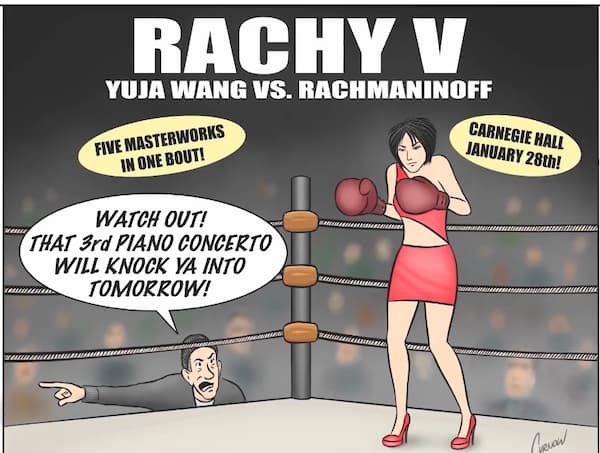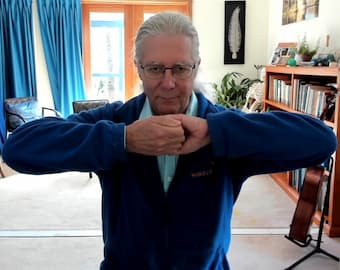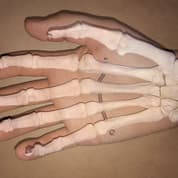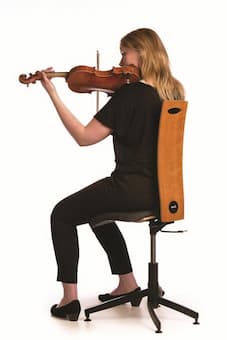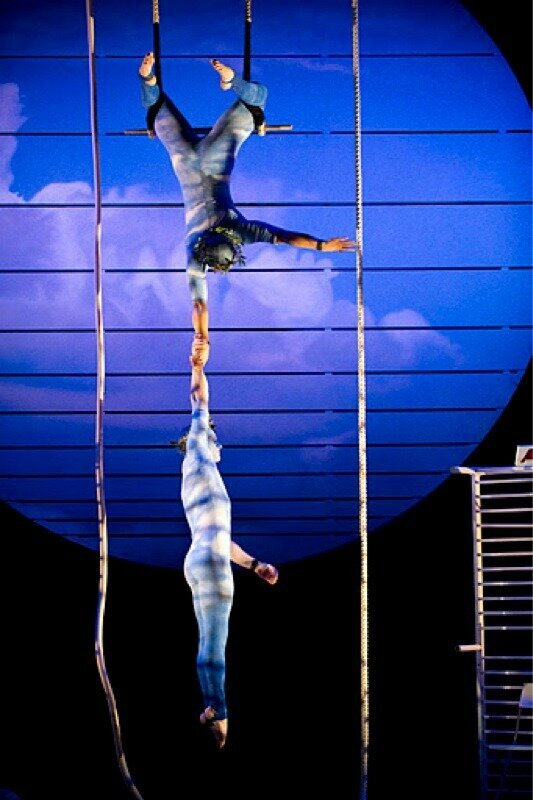
The Fairy Queen
Credit: www.markronan.com
English Touring Opera has earned a position at the forefront of this crowded scene through their exciting programming and fierce commitment to their mission to bring opera to every part of the country – it’s easy to forget that almost all of the organisations I listed are based in or near London, inaccessible for the vast majority of British citizens. On the back of their 2014 Olivier Award for Outstanding Achievement in Opera, I got in touch with ETO’s founder and Artistic Director James Conway to discuss the company’s history and how it is engaging with today’s artistic landscape.
ETO was founded in 1979 and, as Conway puts it, its mission statement was simple – ‘to produce and tour opera with an orchestra to parts of the UK where other opera companies do not go, away from the metropolitan centres’. That aim still rings true today, but I asked him how the reality has changed. ‘The larger companies now go to fewer places, so ETO now tours to many more cities. At the same time, in the last 12 years the company’s artistic ambitions and standards have taken a big jump forward.’
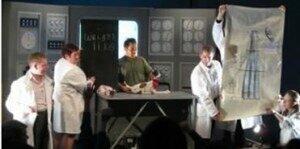
Laika the Spacedog
Credit: www.rcobden.camden.sch.uk
One of the more recent challenges that live opera companies face is the growth of cinema broadcasts from houses including the Royal Opera House and Metropolitan Opera – some might argue that these fulfill the local need for opera that ETO professes to serve, though without the live element. On this issue Conway is unequivocal. ‘Nothing replaces a live experience – there is no comparison between this and filmed version of live opera. Personally, I find the latter boring and uncinematic, though I know many people enjoy them’. And as for those who think that live opera isn’t for them? ‘Try it and see before you decide that’, Conway says, ‘and contact me if the ticket is a problem!’
ETO’s wide-ranging artistic achievements are remarkable, especially in financially lean years. I ended by asking Conway how he sees ETO’s future. ‘Bright’, he replies. ‘We are busier than ever, and forced by economic changes to innovate – that is my definition of a challenging and exciting environment.’
He raises a significant point. The UK’s comparative lack of public subsidy for the arts is often criticized, but as Conway suggests there may be a link between that lack of easy funding and both the innovation and sheer volume of opera in Britain. That level of competition surely ensures that only the most creative will thrive – we can surely put English Touring Opera within that bracket.
English Touring Opera received a 2014 Olivier Award for Outstanding Achievement in Opera.

